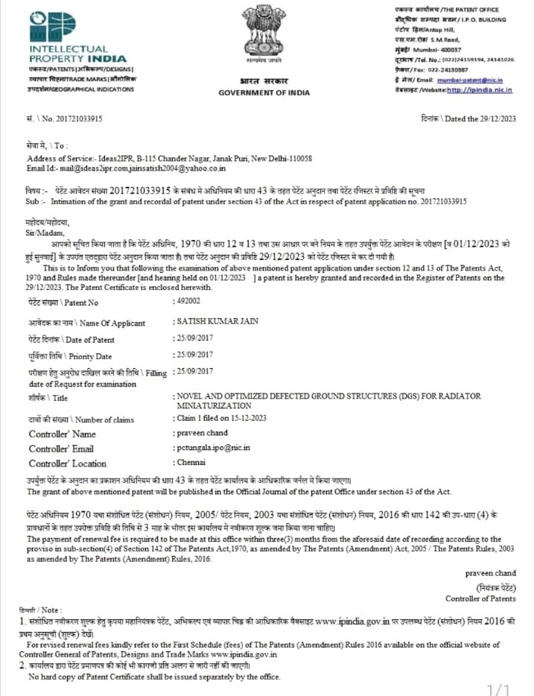Developed by NCERT under the aegis of the Department of School Education and Literacy (DoSEL), the Ministry of Education, Dharmendra Pradhan also released 10 special modules on Chandrayaan-3.
Union Education Minister Dharmendra Pradhan on Tuesday launched a web portal ‘Apna Chandrayaan’ having activity-based support material, including colouring books, online quizzes, and jigsaw puzzles for school students on Mission Chandrayaan-3.
Developed by NCERT under the aegis of the Department of School Education and Literacy (DoSEL), the Ministry of Education, Pradhan also released 10 special modules on Chandrayaan-3.
This offers a comprehensive overview of its various facets, including scientific, technological, and social aspects, as well as the emotional journey and team spirit of the scientists involved.
On the lines of the Mission Chandrayaan-3 module, the ministry plans to come up with more such modules on 14 different topics, including women empowerment, COVID-19 vaccination, India’s G20 Presidency, etc.
“Success of Chandrayaan 3 is one of the most significant achievements of the 21st century that has inspired the children of the country the most,” he said.
He suggested the development of the app of the web portal to make it more accessible in facilitating self-learning among students.
“Chandrayaan 3 has ignited confidence among students and inspired them to understand technology, which will help in developing scientific temperament among them,” Pradhan said.
He also said that Prime Minister Narendra Modi has requested Dr. Sreedhara Panicker Somanath, Chairman, of ISRO, and Secretary of the Department of Space, to take Chandrayaan 3 stories to the children of the country.
He also urged him to make science fun for the students.
“India will be the Viswa Guru sharing knowledge for the global good,” he said.
He suggested to the National Council of Educational Research and Training (NCERT) to bring out social stories that will make education accessible, affordable, and qualitative, and help in bringing gender parity.
At the occasion, Dr Somanath said India completed the Chandrayaan 3 Mission by using indigenous technologies and requested students to watch the launch of Gaganyaan on October 21.
source/content: newindianexpress.com (headline edited)
